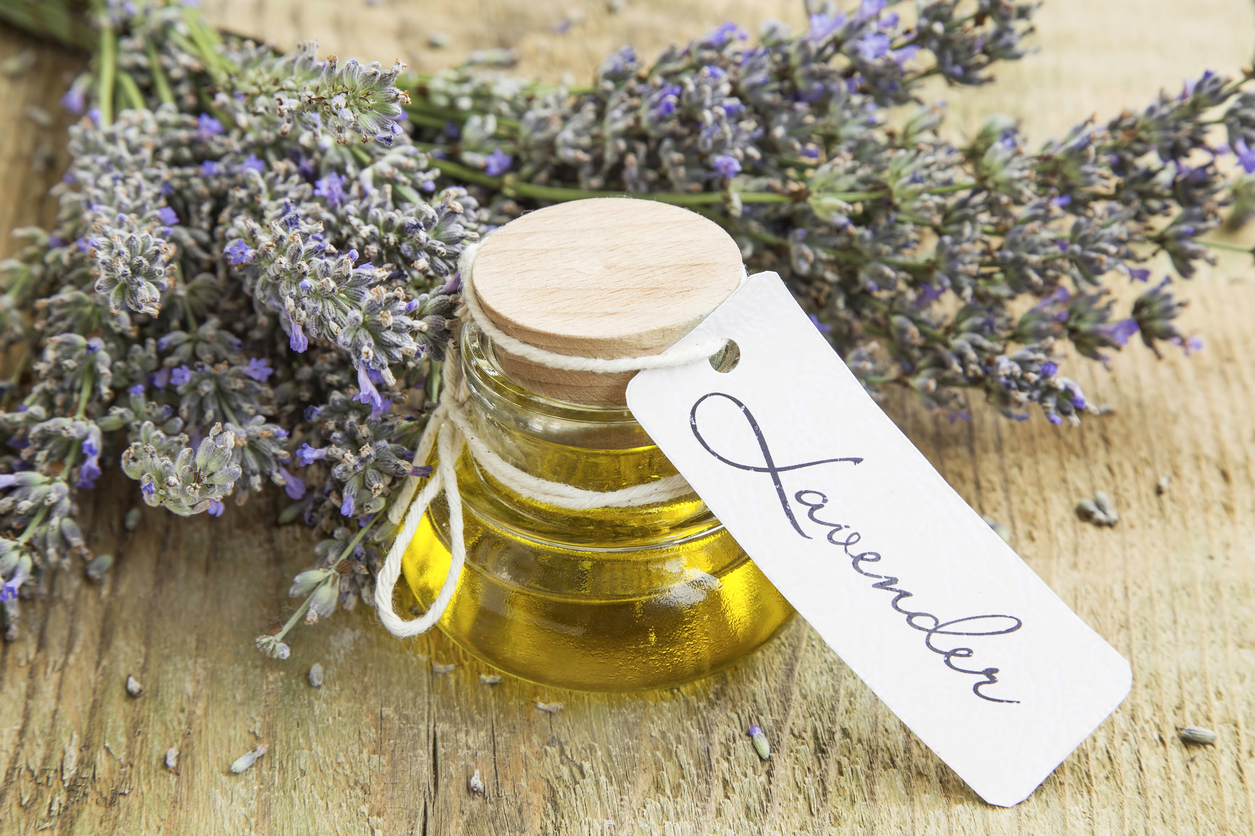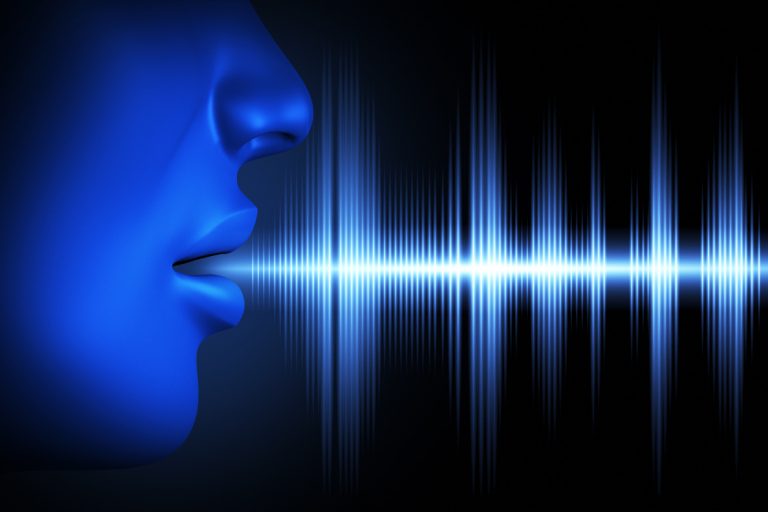Headache Relief That’s Safe for Singers*
Need headache relief? Did you know that taking Aspirin or other NSAIDS (Ibuprofen, Motrin, or Naproxen) can be dangerous for singers? If you take any of these medications while you are singing, or even talking a lot, you run the risk of causing bleeding in the vocal cords! Yes, as wonderful as these medications can be for headache relief, they thin the blood and increase blood flow, and that in turn can cause a vocal cord bleed, something no singer wants to deal with!
Unfortunately, I learned this first-hand, the hard way. Years ago I had a very bad cold and cough, and was taking a popular cold/sinus medication which had ibuprofen in it. As I continued talking and singing a lot (I’m a busy voice teacher, after all), and also was coughing, the unthinkable happened. I burst a blood vessel in one of my vocal cords! What followed was a two-year nightmare of almost having surgery, then deciding not to (long story for another day), visits to more than a few specialists, and finally letting time, a reduced teaching schedule and not performing for two years (!) allow the broken vessel to heal on its own. I was lucky— sometimes surgery is unavoidable.
I have seen this happen to more than a few of my colleagues, so I am always reminding vocalists not to take NSAIDs if they are going to be doing any singing or continuous speaking. But, I can hear you asking, “Then what the heck am I supposed to take if I have a headache?”. Believe me, I am a headache sufferer myself, and just came off of a doozy yesterday, which inspired me to write this post this week. There ARE other options, including many which are natural, and don’t even require you to “take” anything! But if you want to take something, the good news is that you CAN take Acetaminophen (Tylenol)* without worry. Tylenol does not thin the blood, and therefore there is no risk of bleeding.
Now, what if you don’t want to take Tylenol, or you take it, and it doesn’t help (which is sometimes the case for me)? Then it’s time for some other headache remedies, depending on what has caused the headache. Unlike migraines, which require special treatment under a doctor’s care, here are my favorite tips for getting rid of an everyday painful headache:
- Ice. Nothing calms the throbbing of a painful headache like an ice pack. Just make sure you put something between you and the ice— a thin cloth or paper towel works well. You don’t want to give yourself an ice burn by putting it directly on your skin. Also, only do short bursts— five to ten minutes max. If the pain is intense, you may have to put it on and take it off every few seconds or minutes.
- Heat. If the headache feels more like tight muscles in the neck and shoulders, you might want to try a moist heat pack instead. Put some rice in an old cotton sock, tie a knot at the top, microwave it in small bursts until comfortably warm, and then place it carefully on the tight muscles. The rice will release moist heat, and that will help your muscles to relax. Again, warm, not hot, and be sure to remove it every few minutes to avoid any skin irritation.
- Alternate ice and heat. By rotating back and forth between the above
two remedies, your muscles will expand and contract gently, thereby
releasing the tension that may have caused the headache. - Massage (self or professional). If you do it yourself, make sure to gently massage your scalp, neck, and shoulders. If a spouse or family member is available, see if they can massage down your back as well, as many headaches start from tension lower in the body. You can also roll a tennis ball between your body and a wall to get to those places by yourself.
- Epsom salts bath or cream. Taking a warm bath with a cup or two of Epsom salts added to the water can greatly help with tight muscles by the absorption of magnesium sulfate, which naturally sedates your nervous system and draws toxins out of the body. No time for a bath? Use an Epsom salts cream, available at any pharmacy.
- Yoga/Stretching. The deep breathing and stretching of yoga oxygenates the body, and relaxes tight muscles. Yoga also can help open constricted blood vessels in the brain, which may contribute to everyday headache pain (migraines cause dilated or expanded blood vessels, so it may not help in that case.)
- Walking. Go for a relaxed, or even brisk, walk. The rhythmic motion of the body, being outdoors in nature, the deep breathing— all of it will help release tension and can improve your head pain.
- Singing. Believe it or not, go into a room and sing for awhile when you have a headache! The deep breathing, the vibration of the air in your head, the singing of a beautiful melody and expression of the words— all will help you feel better!
- Water. Many headaches are actually due, at least in part, to dehydration. Most of us are dehydrated most of the time and don’t even know it! Drink more fluids, and especially water, to hydrate the body and kick that headache to the curb.
- Eat something. Some headaches are caused by irregular eating patterns, such as skipping meals, which can cause dips in blood sugar. Make sure to eat regularly, and keep a good mix of protein, carbs and a little healthy fat.
- Caffeine. A little bit of caffeine can help reduce the inflammation that contributes to headache pain. When caffeine is consumed with acetaminophen, the pain relieving effect is increased by 40%. But— don’t overdo it! Too much caffeine can actually cause headaches. Another great source of caffeine is dark chocolate, and, you get the added bonus of the magnesium present in chocolate as well!
- Avoid bright light. Headaches can be made made worse by bright light, fluorescent light, electronic devices, and of course, the sun. Try to relax in a dark room if possible. If you have to be up and functional, wear sunglasses outdoors, and computer glasses (or use a blue light filter) with your electronics.
- Allergy/sinus remedies. Many headaches, including mine, are often triggered by allergy and sinus issues. Try inhaling steam for 5-10 minutes several times a day (don’t get too close!). Also use saline spray (available in any pharmacy) periodically to clear congestion and reduce swelling in the sinuses. Decongestants can be helpful, as can antihistamines. But, antihistamines can really dry out your vocal cords, so if you have to sing or talk that day, you may want to avoid them. If allergies and sinus headaches are an ongoing issue for you, see a specialist. Also, read my post on allergy help: Take Care of Your Allergies!*
- Vaporizer/air purifier/ionizer. Air quality can be a hidden trigger for headaches. Don’t hesitate to run an air purifier, a humidifier, and/or an ionizer in your home and at work, if possible. Moist, warm, clean air will do wonders for your breathing and overall health. But— keep these machines scrupulously clean, and change the water and filters (if applicable) often.
- Listen to soft music (non-vocal). Some people prefer absolute silence when they have a headache, and if that works for you, stick with it! But very soft, even “spacey” music without vocals, very improvisational in quality, can let your mind relax, and your headache lose its grip. Think about music you might hear in a spa while having a massage. Remember the old joke: “What do you get when you play New Age music backwards?— New Age music!”. You get what I mean.
- Jaw/bite remedies. If your headache is the result of grinding your teeth, clenching your jaw, or even misaligned teeth, you will probably need to see your dentist to get help with this issue. But in the meantime, try the warm, moist sock I spoke about earlier. Use on one or both jaws as needed. You can also give yourself gentle massage on and around the jaw joint to relieve pain, as well as engage in gentle yawning. Don’t force the jaws past the point of comfortable opening!
- Lavender oil. Massage it into your temples or neck, dab it on your pillow, or spray it into the room around you. You may want to mix it with some water if the pure oil is too strong. Linalool, the compound that gives lavender its unique scent, relaxes the nervous system, which stops the release of inflammatory chemicals that worsen pain.
- Visit an ocean/lake. If you live near and can get to a large body of water, do! The negative ions given off near streams, lakes and oceans clean the air. When you breath in fresh, moist air, it can do wonders for your stress levels and your headache. If indoors, use an ionizer, as discussed previously.
- Sleep! So many headaches are due to lack of sleep, or poor quality sleep. See my previous post: Singers Need A Good Night’s Sleep— How to Get Yours!*
- Call a friend and vent. We all lead complex and busy lives, and some of us are dealing with multiple challenges at home and at work. Big and little issues can build up as tension in the body. Talking to a trusted friend or even a therapist can let off a lot of steam, make you feel supported, and even help you find resolution to issues that are creating the perfect storm for your headaches.
- Cry! No kidding, a good cry releases toxins that cleanse the body of various inflammatory proteins and hormones, which in turn reduces pain.
Can you believe there are so many ways you can defeat a headache without having to take NSAIDs? Knowing these tips can put you back in the driver’s seat, getting control over the pain and inconvenience that a headache can bring to your already hectic schedule. Don’t miss that choir rehearsal, voice lesson, music class, recording session or performance because you have a headache. And more importantly, don’t put your voice in danger of a vocal cord bleed by taking NSAIDS when you have to sing! Try the above tips for relief instead, and your headache will be a thing of the past!
*THIS POST IS PRESENTED FOR INFORMATIONAL PURPOSES ONLY.
ALWAYS CHECK WITH YOUR DOCTOR OR PHARMACIST BEFORE TAKING ANY MEDICATION OR BEGINNING ANY NEW HEALTH PROTOCOL.







